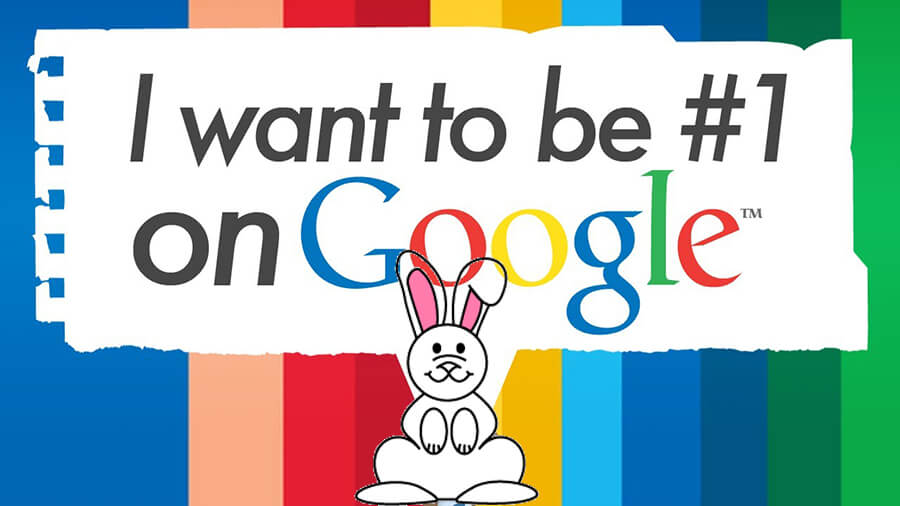The latest Facebook facts and statistics
The latest Facebook facts and statistics

Here are some fascinating numbers on a range of Facebook facts and metrics from mobile, revenue and a host of other facts to share in your presentations and wow your next dinner party guests.
- Every second there are 20,000 people on Facebook. This means in just 18 minutes there are 11 million users on Facebook
- On average there are 486,183 users a minute accessing Facebook from their mobile
- 79% of all users are accessing Facebook from their mobile.
- There are 745 million daily mobile users
- Facebook is adding 7,246 people every 15 minutes or 8 per second
- Every minute there are 150,000 messages sent
- Every 15 minutes there are over 49 million posts. To be precise 49,433,000 or 3 million posts per minute
- There are 100,000 friend requests every 10 minutes
- There are 500,000 Facebook “likes” every minute
- Facebook generates $1.4 million in revenue every hour
- Nearly 73% of Facebook’s ad revenue comes from mobile advertising
- Facebook earns $2.5 billion a quarter from mobile advertising
- People share 1.3 million pieces of content on Facebook every minute of every day
- In November of 2014 the number of video uploads to Facebook exceeded YouTube video uploads
- Facebook generated $12.47 billion in sales in 2014 (a rise of 58% year on year)
- Photo uploads are 350 million per day
- Users spend 21 minutes per day on average on Facebook
- 31% of US senior citizens are on Facebook
- 66% of all millennials (15-34 year olds) use Facebook
- People spend 927 million hours a month playing Facebook games
- There are 1 billion mobile app links enabled on Facebook
SEO Isn't Just Google SEO

SEO and Google have been synonymous - while most SEO tactics and approaches are search engine agnostic, they often get tied to Google SEO ranking. It's fairly obvious why this is the case - Google is the most popular search engine with 67.3 percent of market share according to comScore. Google also addresses (and condemns) SEO efforts more frequently than other engines. But SEO isn't just for Google, and really isn't just for search engines, either. Every social media network has some type of search functionality. As social media usage has risen, so has the volume of searches on these networks (YouTube is the second largest search engine behind Google and Twitter receives 2.1 billion queries per day).
Consider how SEO principles can be used to impact ranking directly on the various social media channels. They may not be as clear and researched as Google ranking factors, and may not be as easy to impact (Facebook has stated that their News Feed has 100,000 ranking factors. That makes Google SEO a piece of cake by comparison!), but there are still plenty of opportunities for increasing visibility of your brand and content within the social media channels themselves.
As the search engines become more sophisticated at interpreting search intent, delivering relevant results, and fighting organic spam, the Google SEO tactics of yesterday no longer cut it. To understand what is popular, relevant, and credible, the search engines are turning to social media. And so too must brands. These seven approaches are just a small glimpse into what the future holds for the integration of social media and SEO.
Content Marketing Strategy
Content marketing strategy

Content marketing has emerged as a powerful digital marketing force as social media has redefined and democratised publishing and marketing. It is also being driven by the increased priority by Google and search engines to ranking quality content in search results. Contagious content marketing can lead to online authority, brand awareness and increased sales.
Where do you start?
If you break it down to its two core essentials it needs:
1. Content creation: To create authority and brand awareness online, organisations need to become “publishers”.
2. Content amplification: After creating and publishing then you need to make the content spread. This means distributing and promoting your content. This takes social networks.
Brands both corporate and personal need to create and publish content. This requires a planned approach to do this well. But as we all know the devil is in the detail. That is where the magic happens. Planning followed by “execution”
Who should be doing content marketing?
Large or small, businesses that sell to other businessses (B2B) and those that sell to consumers (B2C). Content marketing works well across many industries.
